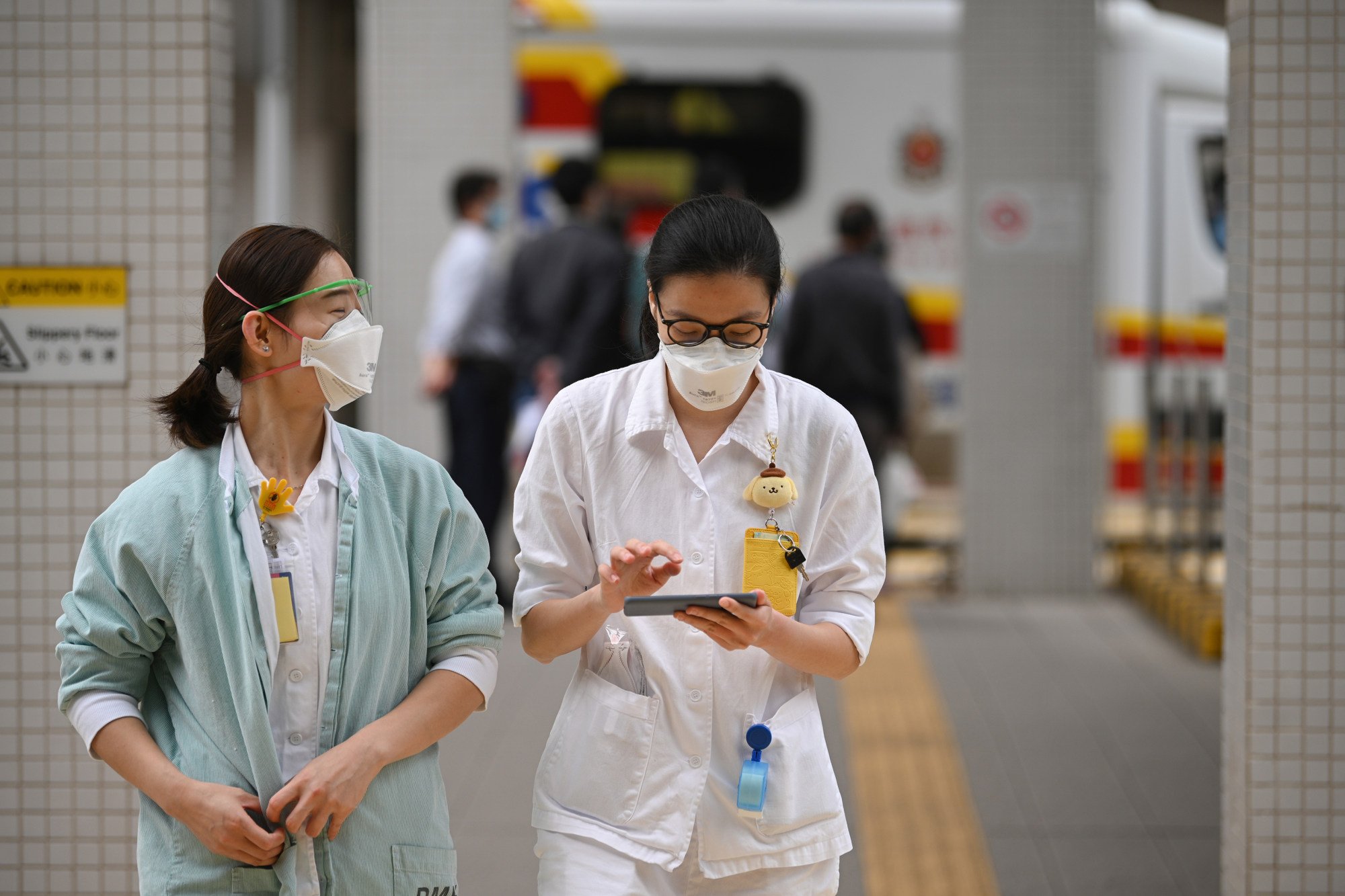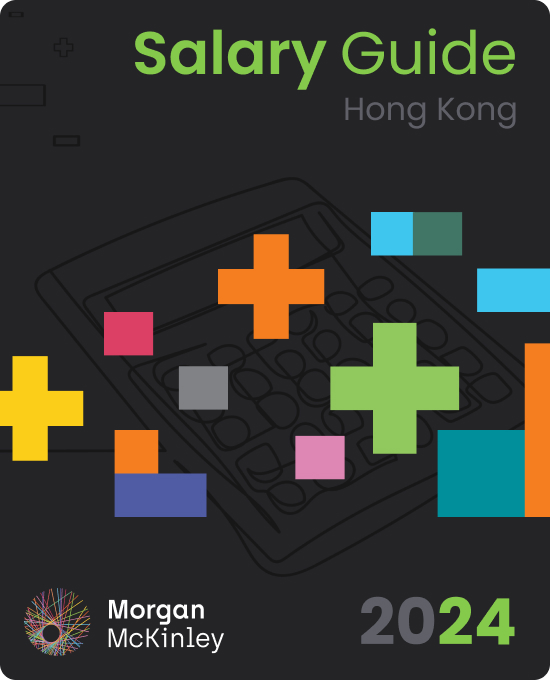
Pilot Scheme Details
The pilot scheme for mixed medicine treatments began at Haven of Hope Hospital in Tseung Kwan O in April 2023. It has since expanded to Kowloon, Ruttonjee, and Grantham hospitals. This initiative targets patients aged 18 and above who suffer from asthma, bronchiectasis, or chronic obstructive pulmonary disease (COPD) and experience ongoing respiratory symptoms. Each treatment session costs HK$120 (US$15.80), making it accessible to a wide range of patients.
The Integrated Chinese-Western Medicine Programme now includes 26 hospitals offering services for stroke care, musculoskeletal pain management, cancer palliative care, knee osteoarthritis, and respiratory disease management. As of the end of last month, 120 patients, aged 38 to 96, had participated in the respiratory disease pilot scheme. The average age of participants is 75, with a male-to-female ratio of 3:1.
Integrated Treatment Approach
Western medicine treatments for respiratory diseases typically include inhalers and bronchodilators. Chinese medicine practices, such as herbal remedies, acupuncture, and cupping, are also used. The integration of these two medical systems aims to provide a more holistic approach to patient care. For example, while Western medicine may focus on immediate symptom relief, Chinese medicine can help improve overall lung function and reduce long-term dependency on pharmaceuticals.
Clinical studies support the efficacy of mixed medicine in treating respiratory diseases. Healthcare professionals from both Western and Chinese medicine backgrounds collaborate to create personalized treatment plans. This teamwork ensures that patients receive the most effective care tailored to their specific needs.
Patient Experiences and Outcomes
Patients participating in the pilot scheme have reported significant improvements in their respiratory symptoms. Testimonials highlight reduced reliance on inhalers and fewer side effects compared to traditional Western medicine treatments. Clinical data shows improved lung function and a decrease in hospital readmissions among participants.
Patient satisfaction surveys indicate high levels of approval for the mixed medicine approach. However, some patients initially faced challenges in adapting to the new treatment methods. Healthcare providers addressed these issues through education and support, helping patients understand the benefits of integrated care.
Future Prospects and Expansion
The success of the pilot scheme suggests potential for expansion to other hospitals in Hong Kong. Beyond respiratory diseases, mixed medicine could be integrated into other areas of healthcare, such as chronic pain management and cancer care. The economic impact of this approach is also promising, with potential cost savings for the healthcare system.
Government support and policy changes are crucial for promoting the integration of Western and Chinese medicine. Continued research and development, including clinical trials, will further validate the efficacy of mixed medicine. International examples of successful integrated medicine programs provide valuable insights for Hong Kong’s healthcare system.
Challenges and Considerations
Implementing mixed medicine programs requires standardized protocols and training for healthcare professionals. Patient acceptance can be influenced by cultural and educational factors, necessitating public awareness campaigns. Regulatory and legal considerations must also be addressed to ensure the safe integration of different medical systems.
Ongoing research is essential to support evidence-based practice in mixed medicine. Ethical considerations, such as patient consent and informed decision-making, are paramount. Technology and digital health tools can play a significant role in supporting the integration of Western and Chinese medicine, enhancing patient care and outcomes.












